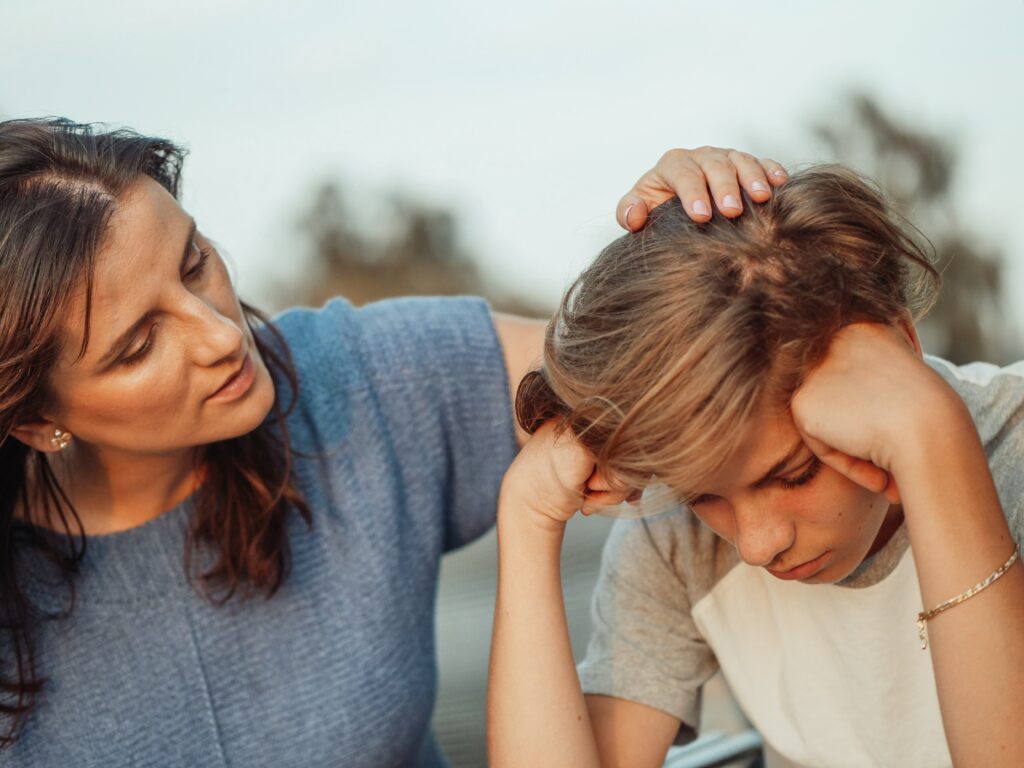How do children grieve?
Grief looks different for each person, and children are no different. Grief reactions in children might vary from child to child. Some might want to talk about death, and others might want to be left alone. Some children might need to stay busy, while others might need to step away from activities. Recognizing these natural differences and respecting what each child griever needs is important for them to process and heal. Remember to listen to children as they tell you what they need. Below are typical differences you might experience in children’s grief reactions based on their age.
Grief Reactions in Children by Age
Ages 3-5
- Does not yet understand the finality of death and may need reminders that the person will not come back
- Expresses grief primarily through play and will not have many verbal expressions of grief
Ages 6-10
- Begins to understand the finality of death
- Has limited verbal expression of feelings related to grief
- May blame self for death
- Might have strong fears related to dying
- Children might regress, display aggression, or internalize emotions that come out in physical symptoms
Ages 11-13
- Has a full understanding of the finality of death but might have some magical thinking
- Emotions may feel heightened
- Will rely on family and friend groups for emotional support
Ages 14-19
- Most closely related to adult concepts of understanding death and dying
- Have heightened levels of responsibility for grief
- May see acting out behaviors such as increased defiance, avoidance, and increased risk-taking activities
Where can I find help for my grieving child?
We often refer to other organizations, such as The Warm Place, that provide grief counseling. You may also view our other resources on children and cancer. Connect with a Cancer Care social worker to find counseling resources near you!
Cancer Care Services is here to help so that no one has to cope with cancer alone! We can help you find additional resources and will determine if you are eligible for our financial assistance programs. We can also connect you with our in-house social events for children. Contact us today at 817-921-0653 or through our online Get Help form.






